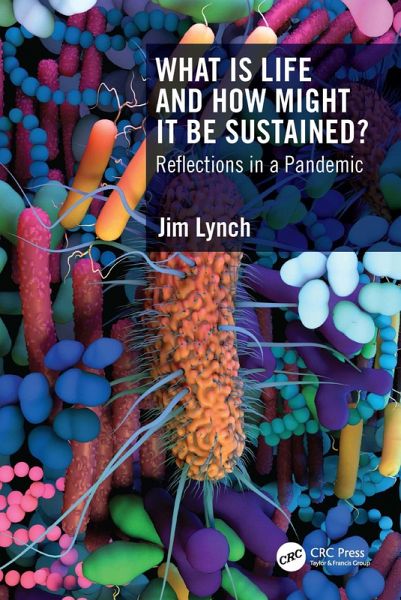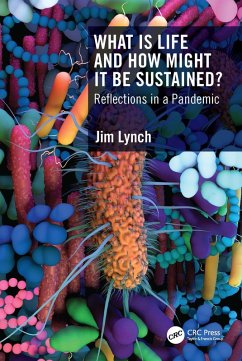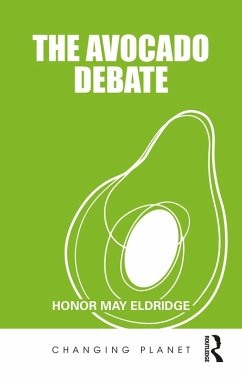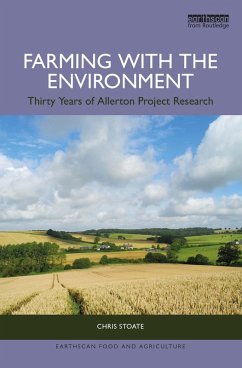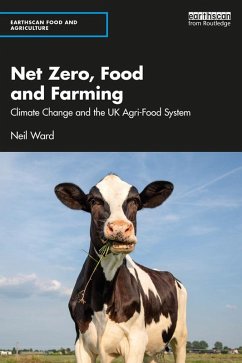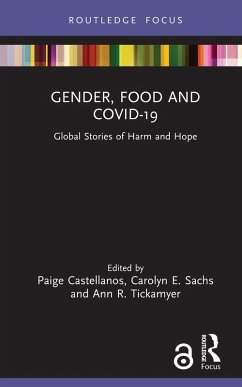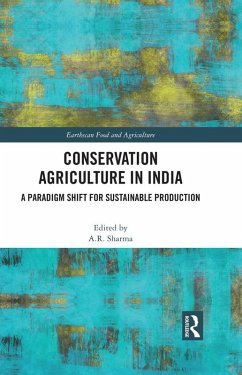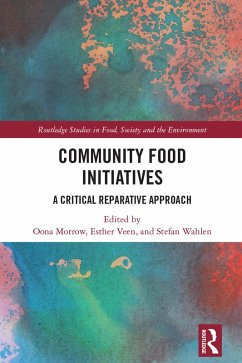Lynch is not afraid of asking the big philosophical and scientific questions of our time, and, in this wide-ranging and fascinating book, he deploys an enormous armoury of multidisciplinary knowledge and personal experience to address them. Anyone reading this challenging, authoritative work cannot fail to learn a lot, be inspired to value asking questions and to admire those striving to answer them.
-- Dame Glynis M. Breakwell, DBE DL FRSA FAcSS, former Vice-Chancellor of the University of Bath, social psychologist and public policy adviser and researcher, UK
With grace and candor, Jim Lynch provides sensitive and thoughtful discourse on the most meaningful of questions. The origin of life and the nature of goodness and
evil are amongst the many topics probed in this book and each is crafted in keen scientific thought. The issues are presented in a cosmic framework: food security, human health, deforestation, climate change, and pandemics. COVID-19, the contemporary global pandemic afflicting all nations, is addressed scientifically but also as a philosophical and ethical challenge. Jim Lynch brings to each of these issues a solid background in chemistry, biochemistry, microbiology, soil science, agricultural science, philosophy, and ethics.
--
Rita R. Colwell, Distinguished University Professor at the University of Maryland at College Park and at Johns Hopkins University Bloomberg School of Public Health, USA
This is a book for everyone interested in modern science, from the curious to the professional scientist. Professor Jim Lynch reflects on the advances in science during his long and distinguished career in microbiology, soil and forestry health and sustainability and governmental control measures for the environment. This includes a detailed analysis of the recent COVID epidemic and virology, and also the political aspects where certain factors remain opaque. There is considerable fascinating scientific detail throughout. Permeating the book there is the theme of trying to discover what is going on in the deepest levels of matter, as elucidated by physics, chemistry, mathematics and ultimately philosophy and religion. There is a sweeping examination of these subjects from the Greeks onwards and many of the leading thinkers in these fields are discussed.
--
Peter Williams, BSc PhD MB BS, retired Physician, UK
Jim Lynch takes his readers on an educational journey that begins with the origin of life in the context of cosmology and quantum physics, then continues through the present time of scientific and technological advancements and industrial revolution and ends with vivid pictures of possible future scenarios that will depend on the collective choices that we make today. As we navigate through the pages, we are engrossed by the interwoven world of science, technology, theology, philosophy, economics and politics, which define the socio-economic-and-biotic framework of the anthropogenic world today. Lynch explores the crises faced by the anthropogenic world like food insecurity, climate change, biodiversity loss, poverty, unemployment and human health, amongst others. In the context of COVID-19, a pandemic caused by a microbe, he emphasizes the role of microbes in the world, reminding us of their enormous power, and envisions sustainable practices for a better future.Lynch reiterates the immense possibilities held by microbes both as the source of sustainable energy, antibiotics and probiotics, and the dreadful potential of infectious bacteria and viruses to cause the next pandemic. The eloquent and meticulous presentation of world events combined with the solution-centric visions will intrigue the readers to think deeply about the lessons that can be learnt from the past and used to address real-life issues. Dr Lynch ends his book reminding us of bioethics, as he rightly says "...this should be extended to cover an analysis of all processes in the biosphere which affect life...". Overall, this book is a fascinating compilation of the ancient- and modern day contributions, not only by scientists, philosophers, theologists, educators and environmentalists, but also administrators, politicians and entertainers, all of whom have impacted the socio-political-and-biotic life of the anthropogenic world, thus shaping the quality of human lives.
Sudeshna Saha, University of California San Diego Health, USA
